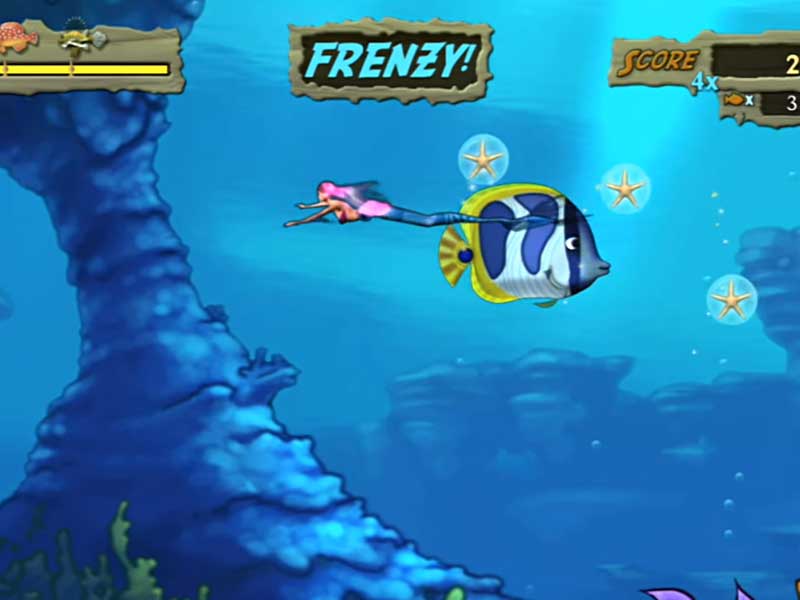Marine Ecosystems and Biodiversity Students explore major marine ecosystems by locating them on maps. Students use marine examples to learn about energy transfer through food chains and food webs. Use the provided Feeding Frenzy Answer Key to assess students' comprehension. Extending the Learning. Have students use their food chain cards to.
- DueFeb 17, 2017 by 2pm
- Points0

Here is a reading from Larry Sabato regarding the press and their reaction to news events. Please read and complete the attached questions. These answers are due at the end of the period on Thursday, February 19th.

| Criteria | Ratings | Pts | ||
|---|---|---|---|---|
Description of criterion view longer description threshold: 5 pts |
This area will be used by the assessor to leave comments related to this criterion. | / 5 pts | ||
Total Points: 5 out of 5 | ||||
Author(s)
Department of Biology
University of Oklahoma
mprowe@ou.edu
Abstract
We are a recipient of a 2004 National Dissemination grant from the National Science Foundation’s Division of Undergraduate Education and has been cited as a source for model case studies by the National Research Council and the American Association for the Advancement of Science
Objectives
web20
Keywords
2004 National Dissemination grant, National Science Foundation Division of Undergraduate Education, NSF, National Science Digital Library, NSDL, American Association for the Advancement of Science, AAAS, National Research Council, NRC, Biology2010Topical Areas
web20Educational Level
web20Format
web20Type / Methods
web20Language
web20Subject Headings
Biology (General) | Earth Science | Ecology | Evolutionary Biology | Interdisciplinary Sciences | Science (General) |Date Posted
3/5/2010Teaching Notes
Case teaching notes are password-protected and access to them is limited to paid subscribed instructors. To become a paid subscriber, begin the process by registering.
Teaching notes are intended to help teachers select and adopt a case. They typically include a summary of the case, teaching objectives, information about the intended audience, details about how the case may be taught, and a list of references and resources.
Videos
The following video(s) are recommended for use in association with this case study.
- Species Distributions
This short video, which was constructed specifically for this case study by the author of the case, is designed to prod the non-science student into thinking about various ecological factors that might limit the distribution and abundance of a given species. Running time: 10:31 min. Produced by Matthew Rowe in association with The National Center for Case Study Teaching in Science and Michigan State University, 2015. - Energy Transfer – The 10% Rule
This short, simple video explains the 10% rule in ecology. Running time: 1:42 min. Produced by Region 10 Education Service Center, 2012. - HD: Bait Ball Feast – Nature’s Great Events: The Great Feast – BBC One
David Attenborough narrates a short clip (1 minute, 14 seconds) from his Blue Planet series showing a marine feeding frenzy. Running time: 1:14 min. Produced by the British Broadcasting Corporation, 2009. - Tim Dinsdale. Loch Ness. 1960
A link to the famous Dinsdale footage, which purportedly shows Nessie, but more likely represents a boat and its wake. Running time: 40 sec. Produced by Tim Dinsdale; YouTube upload by Zoilo Bolanoble. 1960 (original footage); uploaded to YouTube in 2013. - The Lost Golf Balls of Loch Ness
Short video of the extensive search using remotely operated underwater vehicles (ROVs) of the lake bottom in 2009. Lots of golf balls were found, but no monsters. The same video is available embedded in a news article at http://www.mnn.com/earth-matters/wilderness-resources/stories/search-for-loch-ness-monster-nets-100000-golf-balls. Running time: 1:08 min. Produced by SeaTrepid, 2009. - Could Bigfoot REALLY Exist?
This video is a perfect recap for Part I of the case study. Running time: 7:30 min. Produced by Joe Hanson ('It’s Okay to Be Smart' series); uploaded to YouTube 2016.
Comments are closed.